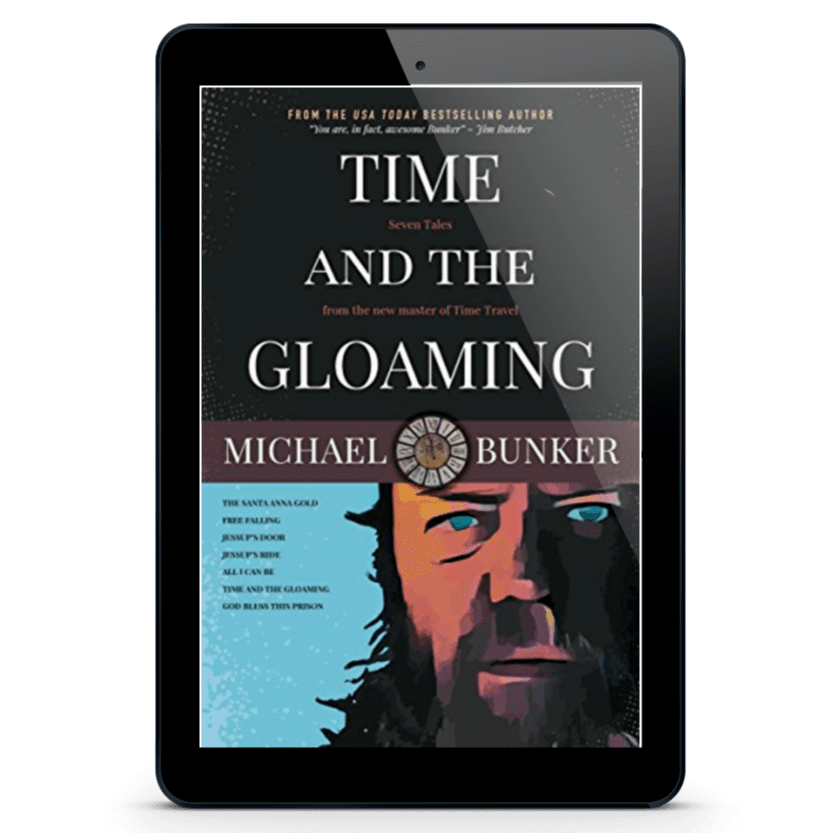There is a difference between eastern and western literature, historically, and American readers (and thus, authors) have generally taken the western literary characteristics to an extreme. In much of European and Russian Lit particularly, killing main characters (or all the characters) is not a big deal. It isn’t noteworthy, praiseworthy, or blameworthy. Readers tend to be more story oriented and characters are just one element in the story. Traditionally, and certainly today, there is a lot more realism in non-western literature, and the scope and story lines (like the actual histories of the regions) are often longer, so having main characters die in the process of the story is more accepted. In Western literature (American lit as the extreme example,) story lines are often more compact, and readers tend to be more invested in characters rather than in stories*. American literature in particular is a lot more ego based. Readers often read and enjoy stories specifically because they identify with a character. It is about them first and the story second .
.
Killing central characters, especially popular protagonists or main characters, can be devastating to American readers. I learned this in writing WICK, which has as the main character (spoiler alert) a backpack. And pretty much all of the main characters in the first half of the book die. It was intentionally designed to be a Russian-style novel, and many American readers freaked out. Some American(ish) readers will stop reading when the character they identify or have come to connect with dies. For this reason, a lot of books, TV shows, and movies will develop a group of characters, and kill off “B” main characters regularly. These are not really “A” main characters… characters central to the story. That way writers get credit for whacking main characters, which is some kind of badge of courage in the West, but we all know that Rick Grimes ain’t dying in season 2-6.
As an author who has contact with many other authors, I hear a lot of talk where authors are cackling on Facebook or Social Media about killing off characters and how the readers are going to hate them for it, but again, and although there are notable exceptions, it is usually minor characters or “B” main characters that get whacked. Except in murder mysteries or time travel in sci-fi, you rarely have main characters killed at the beginning of the book – like the title character in Anna Karenina (<—spoiler).
It might be a good exercise in expanding the understanding of literature and stories for authors and readers to recognize the differences in focus and scope, and perhaps experiment with another style and concept of writing. If you are a more Americanized sort of writer, perhaps write a short story or novella where the story is the thing. It is the center and the driving force of the action. If you are a reader of American fiction, maybe dip your toe in some more story-driven prose. Character driven stuff is fine, and that’s generally what you get with American style stories. And if you are perfectly happy with the kind of overwhelming influence of that style on the literature you read or write, then good for you. If you think you’d like to stretch out a little, that’s good too.
*I am using a generalization because generalizations are valuable when you are talking about things that are generally true. And while I certainly know there are exceptions, and anecdotal examples of this not being absolutely true in every case, and I know it is often GENERALLY an American trait that people cannot see a generalization without offering exceptions, even if those exceptions prove the rule, I hope that with an intelligent audience I can skip the nonsense and use the generalization without people (ummm… authors) freaking out and telling me they LOVE, LOVE, LOVE to kill their characters.

Popup: “For a limited time, I’m giving away a free copy of ‘Hugh Howey Must Die’.” Where?
If you have popups blocked, you probably won’t see it. There is a link in the popup.
http://www.michaelbunker.com/newsletter/